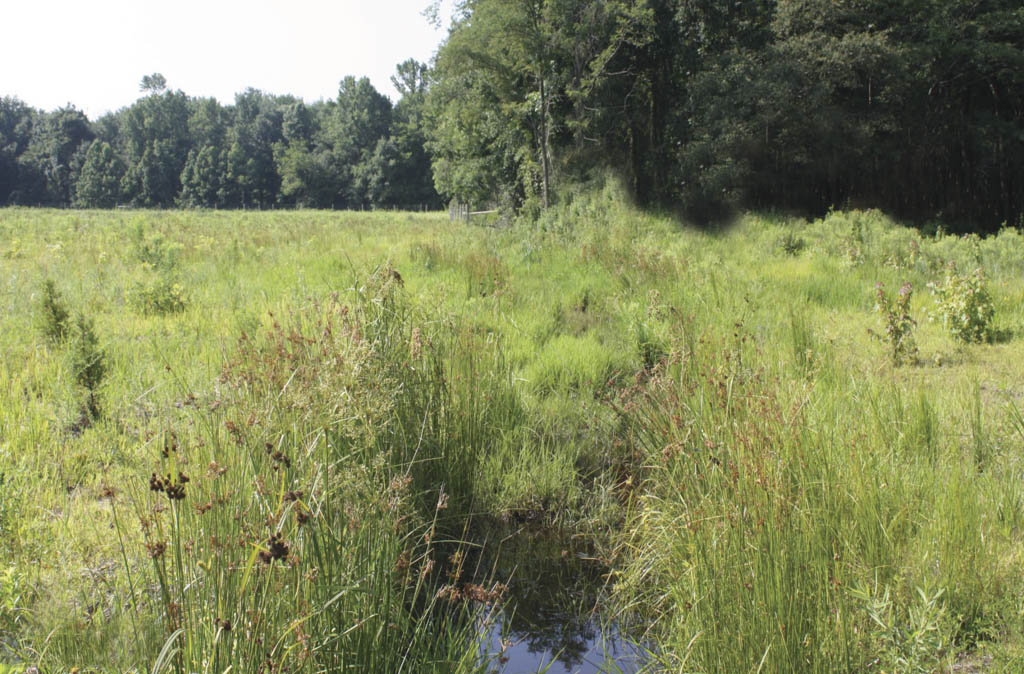SOUTH BRUNSWICK – South Brunswick voters disapproved of a 3-cent increase in the township’s open space fund.
The public question listed on the Nov. 5 general election ballot stated: “Shall the Open Space, Recreation and Farmland and Historic Preservation Trust Fund annual tax levy be increased from its current tax levy of 4 cents per $100 of total township equalized real property valuation by an additional 3 cents, to a rate not to exceed 7 cents per $100 of total township equalized real property valuation, for the purpose of acquisition and development of land or water areas, or the development rights for land or water areas, for active or passive recreation and conservation, farmland and/or historic preservation; and for use as a down payment for the issuance of bonds to finance the acquisition and/or development of said land or water areas, farmland, development rights or historic preservation; and for the payment of principal and interest on bonds or other financial instruments issued to finance same?”
According to unofficial results provided by the Middlesex County Board of Elections, 2,710 voters/52% said no, while 2,534 voters/48% said yes.
The voters of the Township of South Brunswick created the Open Space Preservation Trust Fund in 1996 in order to impose an additional property tax upon all taxpayers in South Brunswick to be devoted exclusively to the acquisition and/or development of land or water areas to provide and/or protect parkland or green spaces; protect ecologically sensitive areas; provide lands for public outdoor active or passive recreation; and preserve farmland and historic properties, structures, facilities, sites, areas or objects, according to the interpretive statement on the ballot.
Since that time, the township has preserved almost 600 acres of property through use of the Open Space Preservation Trust Fund.
At the current rate of 4 cents per $100 of township equalized real property valuation, however, insufficient funds are collected to acquire and/or preserve new properties or to pay for the existing debt on previously acquired/preserved properties, according to the statement.
If voters had approved the funding, the amount collected would have been allocated such that 6 cents per $100 would be dedicated to acquisition purposes while 1 cent per $100 would be dedicated to development purposes.

